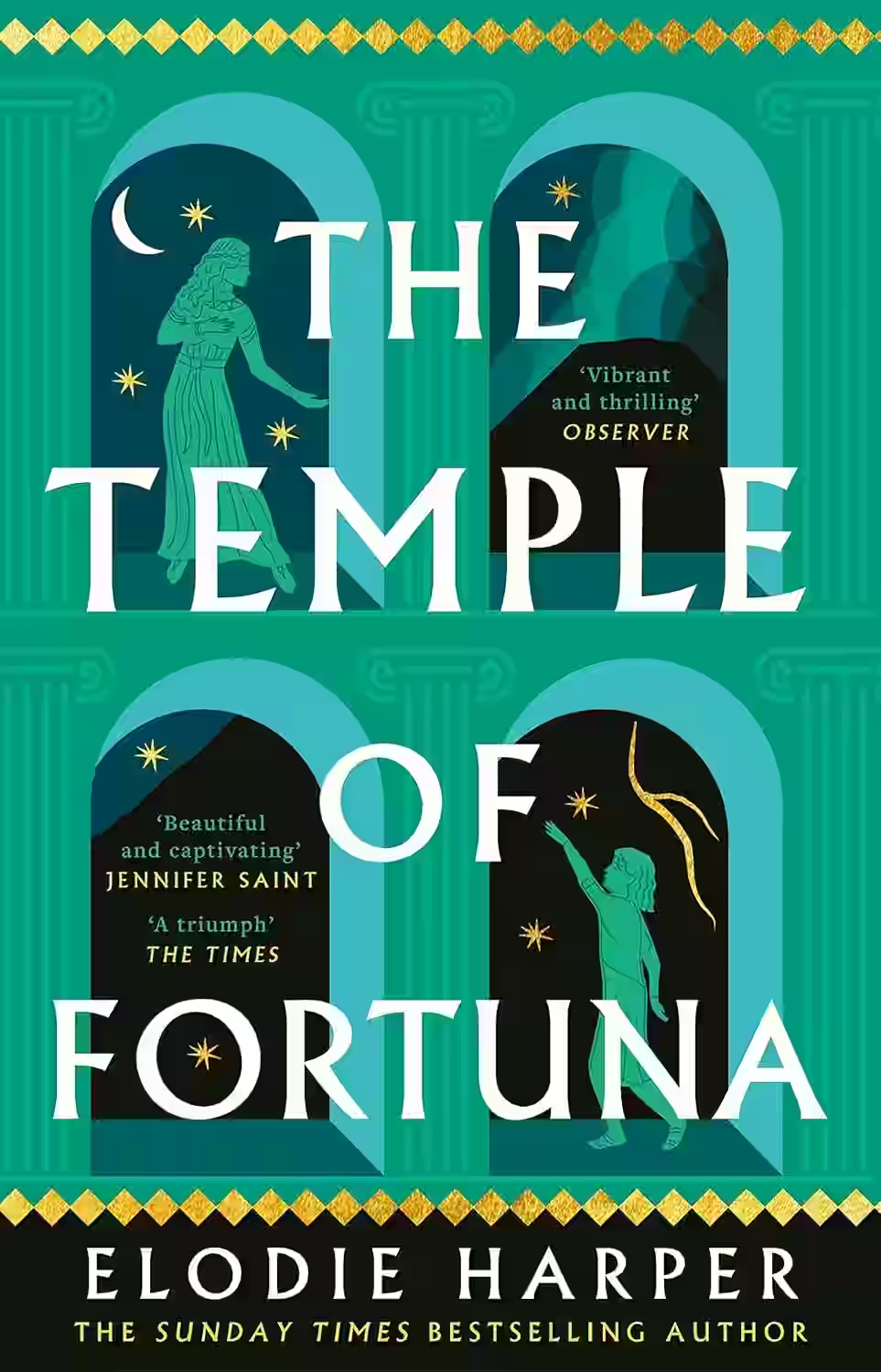
Elodie Harper's 'The Temple of Fortuna' is a captivating historical fiction novel set in the vibrant and tumultuous city of Pompeii. The story intricately weaves the lives of its richly drawn characters against the backdrop of impending volcanic disaster. The protagonist, Amara, is a resilient woman navigating the complexities of love, destiny, and survival. Harper expertly explores themes of fate versus free will, as well as the ephemeral nature of luck embodied by the goddess Fortuna. With lyrical prose and meticulous historical detail, the novel paints a vivid picture of life in ancient Rome, while also delivering a narrative punctuated by tension and emotion. 'The Temple of Fortuna' will resonate with readers who appreciate rich storytelling and well-crafted historical settings.
About The Wolf Den Series
The Wolf Den Trilogy by Elodie Harper is a powerful historical fiction series set in ancient Pompeii and Rome, centered on the life of Amara, a former doctor’s daughter sold into slavery. In The Wolf Den, Amara is forced to work in Pompeii’s infamous brothel but refuses to let her spirit be broken. The House with the Golden Door follows her as a freedwoman navigating patronage, secrecy, and survival in a society that still seeks to control her. The trilogy concludes with The Temple of Fortuna, where Amara builds a life in Rome amid rising power and personal stakes. Rich, feminist, and unforgettable.
About Elodie Harper
Elodie Harper is a celebrated British author whose eloquent storytelling and profound exploration of historical narratives have earned her a distinct place in contemporary literature. With degrees in Latin and English Literature from prestigious institutions, Harper has a keen eye for classical themes that infuse her works with depth and authenticity. Among her notable works is the acclaimed 'The Wolf Den' trilogy, which vividly reimagines the lives of women in ancient Pompeii, weaving a tapestry of resilience and survival. Her ability to meld historical accuracy with compelling fiction has resonated widely, impacting both literary audiences and historical enthusiasts alike. Beyond her novels, Harper's journalistic background, particularly with her work as a reporter for ITV News, adds a layer of insightful perspective to her writing. Current reviews celebrate her contributions to revitalizing historical fiction, positioning her as an influential voice in the genre, whose work delves into the intricacies of human vulnerability and strength.
Other Books by Elodie Harper
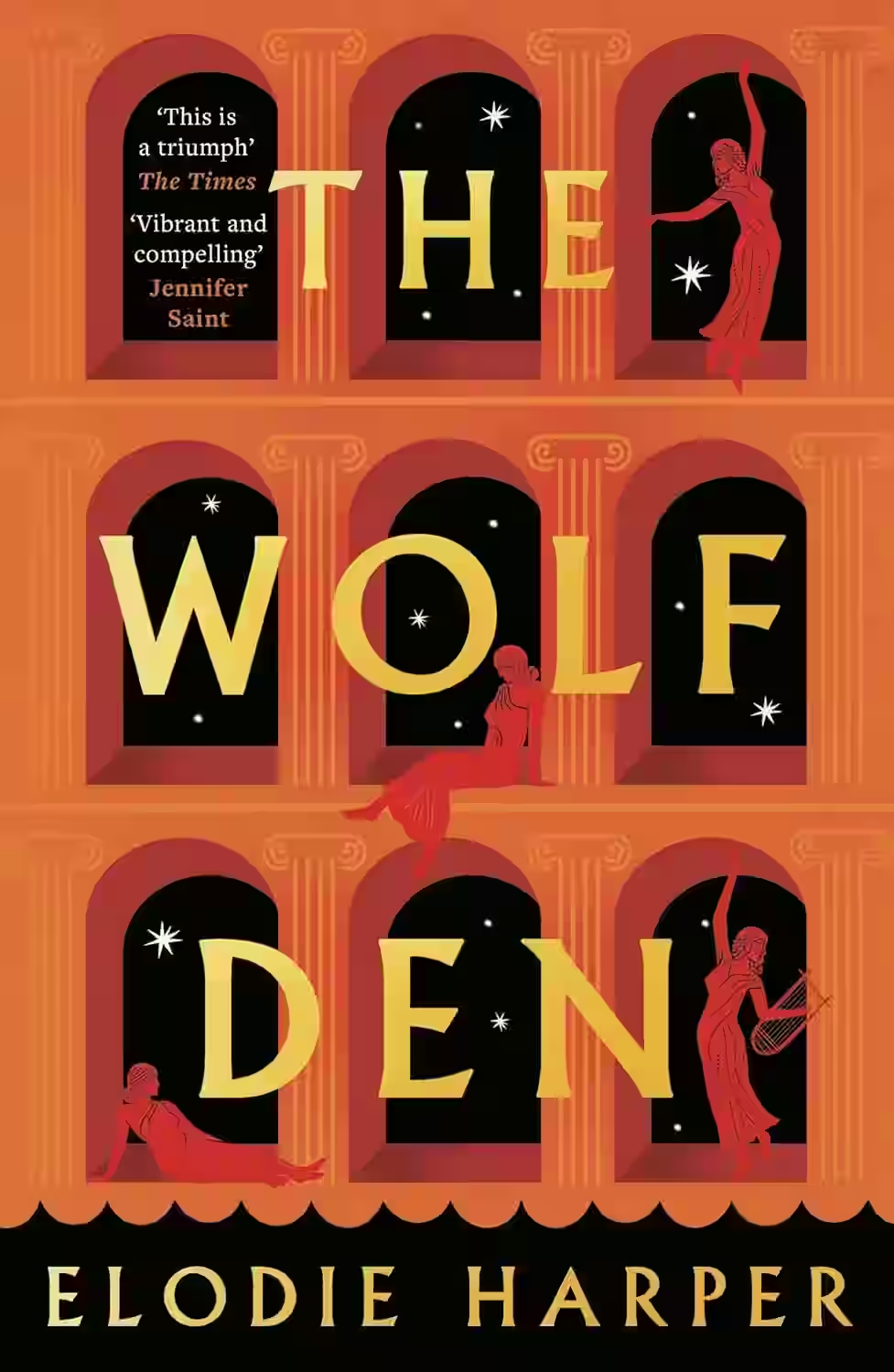
The Wolf Den
Series: The Wolf Den (#1)
Set in ancient Pompeii, "The Wolf Den" by Elodie Harper immerses readers in the vibrant and perilous world of a brothel and its inhabitants, particularly focusing on Amara, a former doctor's daughter who has been sold into slavery. Through Amara’s eyes, we experience her struggle for survival, autonomy, and friendship in a society that largely commodifies women. Harper’s detailed historical research enriches the narrative, bringing to life the stark realities and occasional triumphs of those trapped by fate. Themes of resilience, companionship, and the quest for self-determination are explored deeply, ensuring readers are both captivated and contemplative about the human condition and societal structures, past and present.
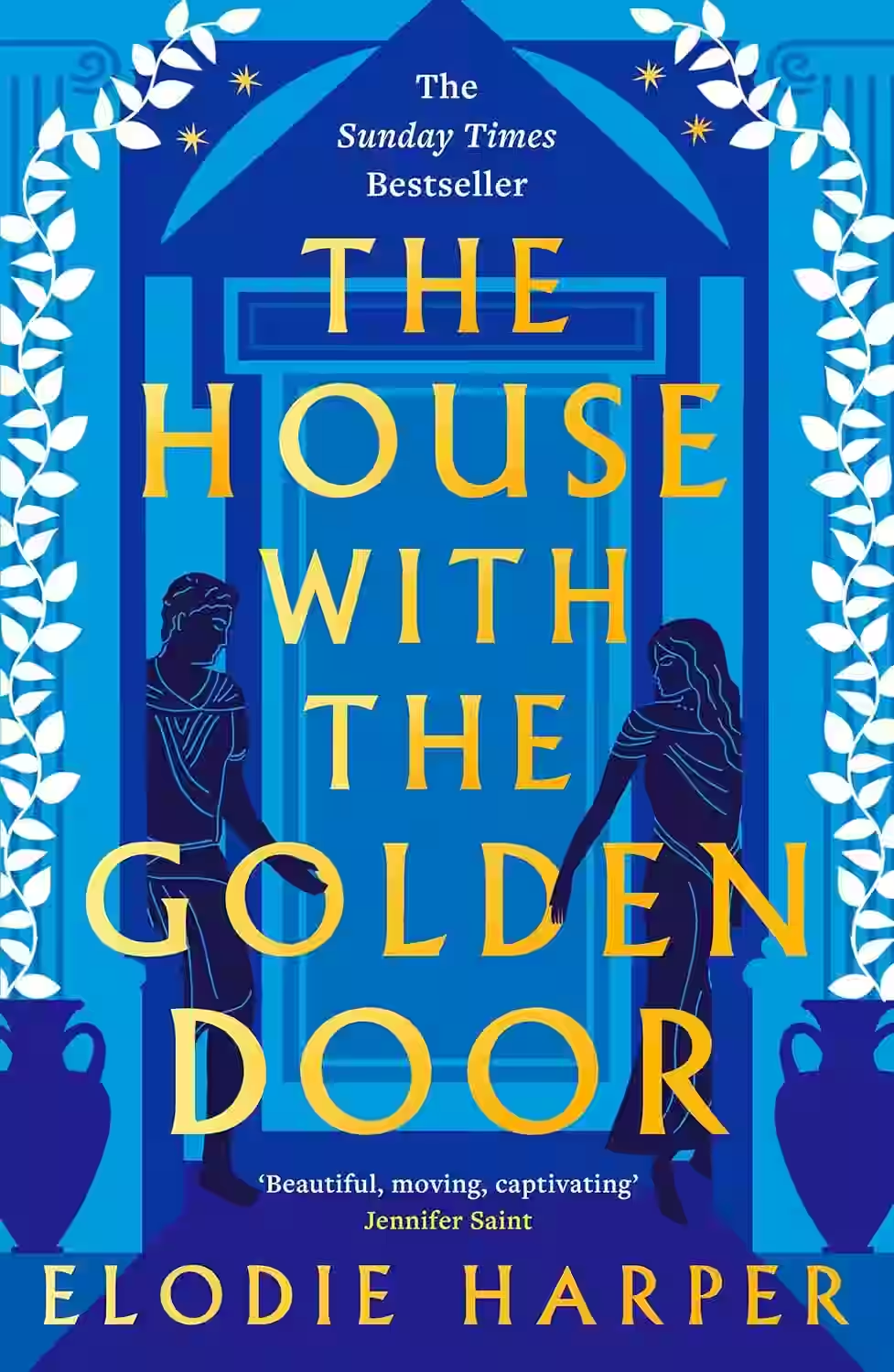
The House With the Golden Door
Series: The Wolf Den (#2)
Elodie Harper's 'The House With the Golden Door' serves as a sequel to 'The Wolf Den,' continuing the captivating journey of Amara, a woman who rises against the odds in the deadly and seductive world of ancient Pompeii. Now freed from her life of forced servitude, Amara navigates the delicate intricacies of power, wealth, and independence as she aims to build a life on her own terms. The novel deftly explores themes of freedom, resilience, and the complex socio-political dynamics of ancient Rome. Harper's immersive storytelling and richly detailed prose breathe life into this atmospheric tale, providing a compelling examination of female empowerment and historical authenticity. Readers are left contemplating the bounds of destiny and perseverance in a meticulously rendered historical landscape.
Similar Books

The Color Purple
by Alice Walker
Alice Walker's 'The Color Purple' is a poignant and powerful novel that delves into the struggles of African American women in the early 20th century. Set in the American South, the story follows Celie, a young black woman who faces abuse and oppression but finds strength and resilience through the bonds she forms with other women in her life. Through themes of race, gender, family, and redemption, Walker crafts a narrative that is both heartbreaking and hopeful. The novel's raw honesty and lyrical prose make it a timeless classic that continues to resonate with readers, sparking important conversations about identity, empowerment, and social justice.
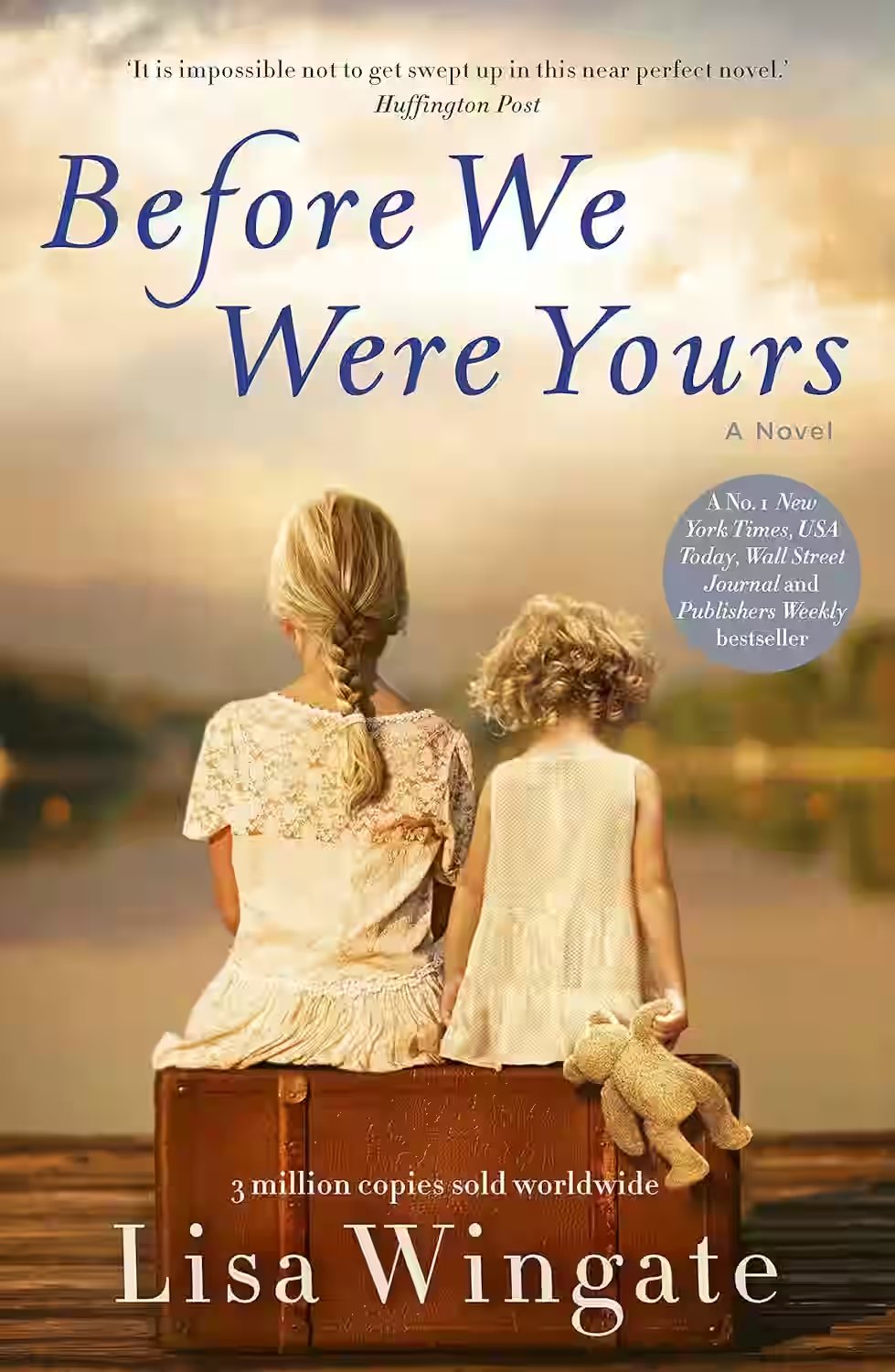
Before We Were Yours
by Lisa Wingate
Lisa Wingate's 'Before We Were Yours' is a poignant and gripping tale that delves into one of America's most heartbreaking real-life scandals. Set in two timelines, it juxtaposes the 1939 story of the Foss siblings, torn apart by an orphanage that sold poor children to wealthy families, with a modern-day investigation led by Avery Stafford, who is drawn into her family's hidden past. The novel skillfully explores themes of identity, family bonds, and the pursuit of justice. Wingate's rich character development and emotive storytelling result in a powerful narrative that captivates readers, prompting reflection on the resilience of the human spirit.
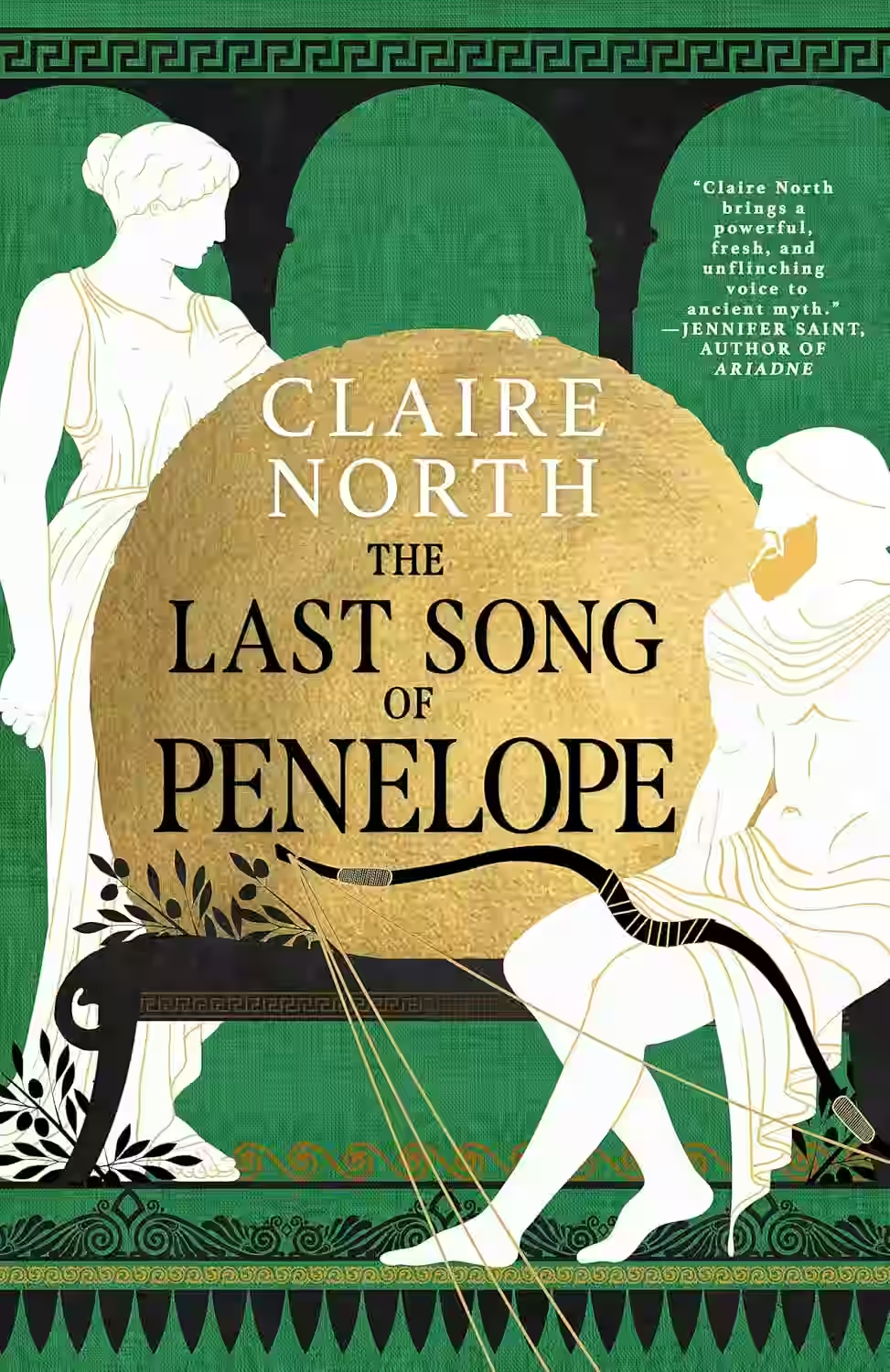
The Last Song of Penelope
by Claire North
Series: The Songs of Penelope (#3)
In 'The Last Song of Penelope,' Claire North reimagines the classic tale of the Odyssean legend from the perspective of Penelope, the enduring wife of Odysseus. This novel delves deeply into themes of love, endurance, and the silent strength of women, bringing a fresh voice to ancient mythology. North's portrayal of Penelope as a protagonist with her own agency and depth provides a vivid exploration of her struggles and resilience during Odysseus's prolonged absence. The narrative is imbued with imagination and mythological poignancy, effectively balancing lyrical prose with a pace that maintains the reader's engagement. 'The Last Song of Penelope' challenges the traditional narratives and plays with themes of loyalty and identity in timeless yet fresh ways. With its enchanting language and profound insights, this book is a testament to the unheralded songs of those history has often left silent.
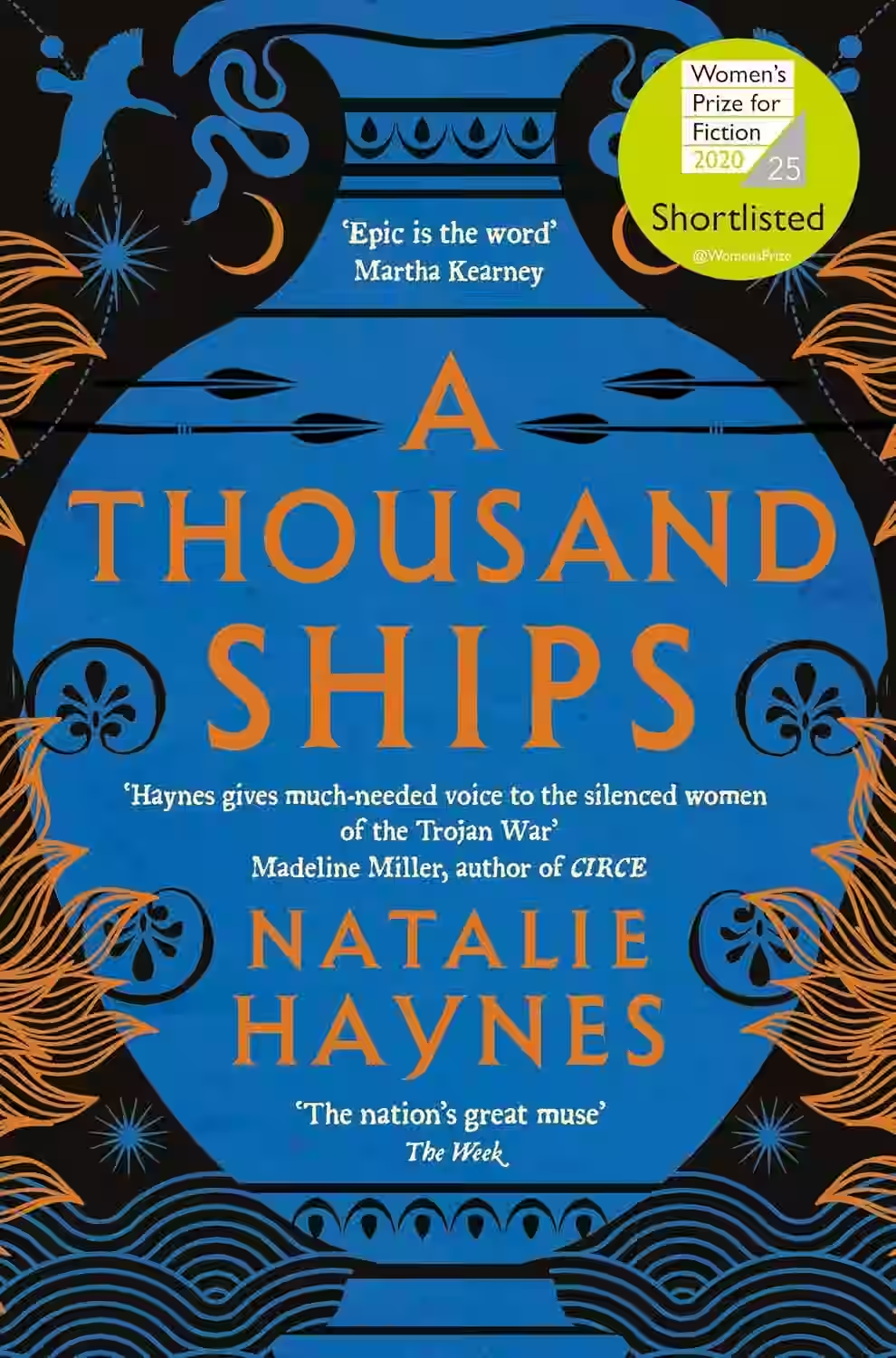
A Thousand Ships
Natalie Haynes' 'A Thousand Ships' is a masterful retelling of the Trojan War, as narrated from the overlooked perspectives of women. Embedding the stories of queens, warriors, and survivors, Haynes gives voice to characters such as Hecuba, Cassandra, and Penelope, shedding light on their trials and triumphs. The novel skillfully weaves various mythological strands, delivering a poignant exploration of grief, resilience, and the enduring power of storytelling. Haynes' sharp, empathetic prose reinvigorates ancient myths, illustrating the timelessness of their themes. 'A Thousand Ships' is both an evocative homage to the epic tradition and a powerful feminist reimagining, offering a resonant message about who gets to be heard in history.